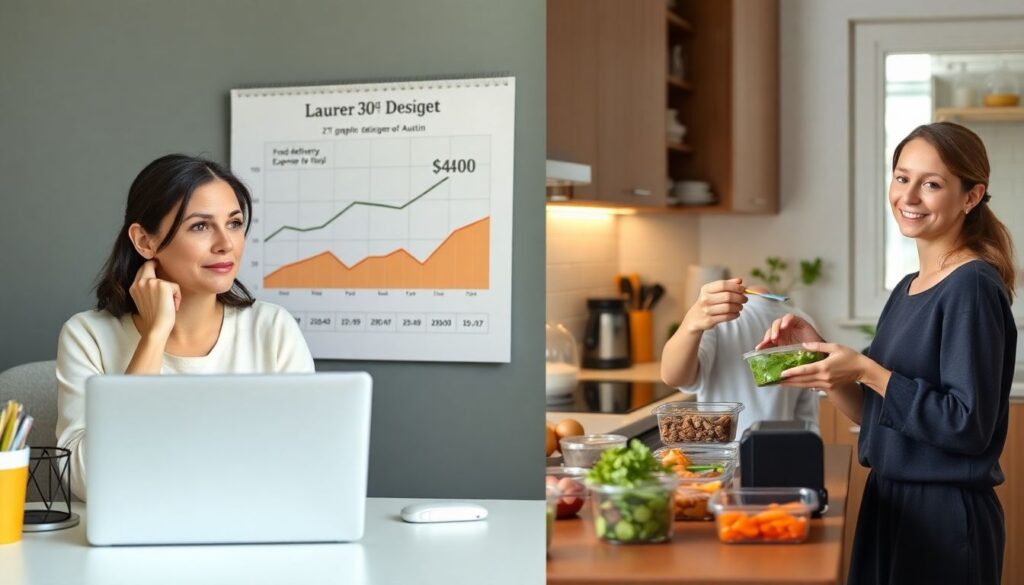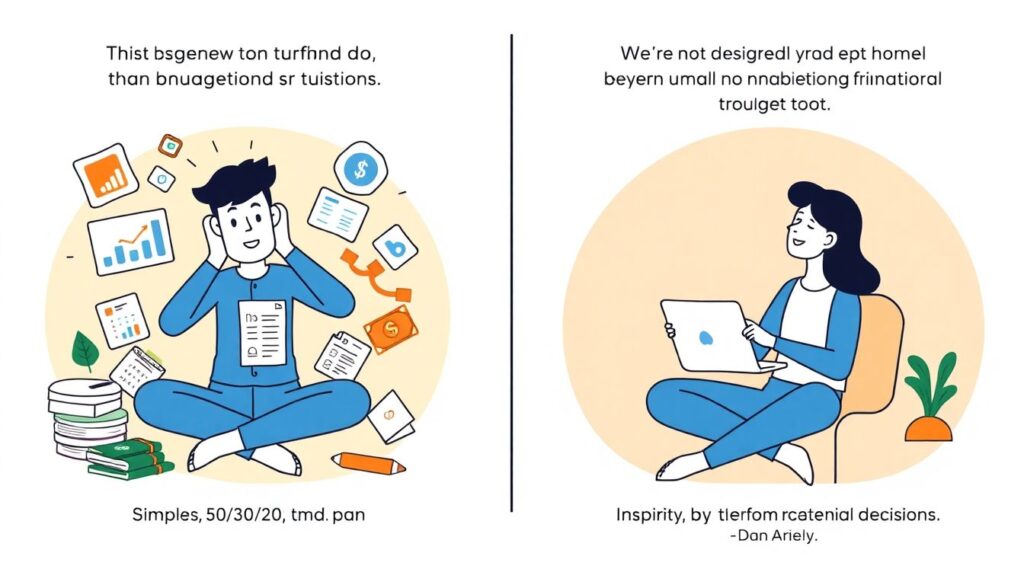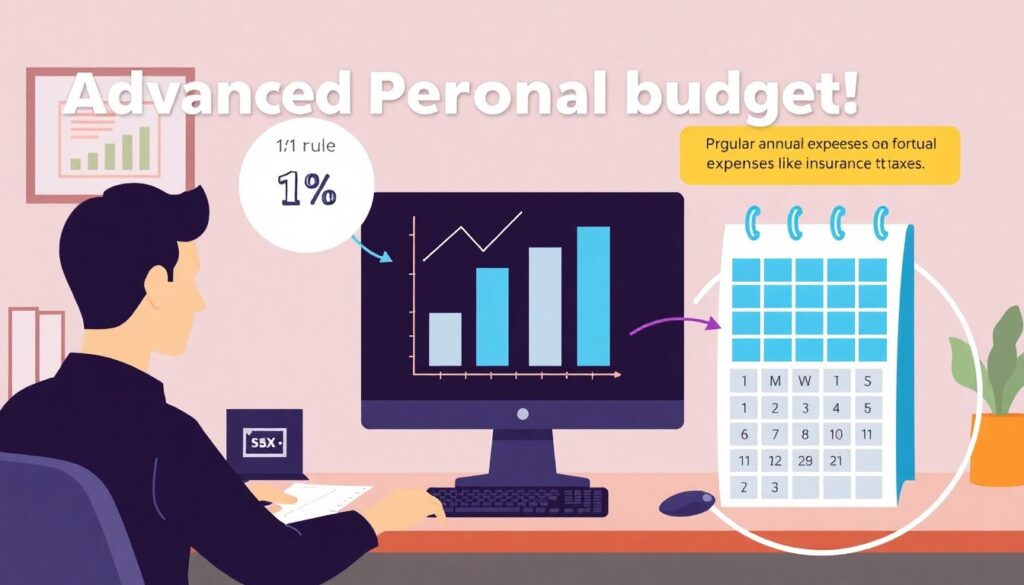Why Budgeting Is More Than Just Saving Receipts
When people hear the word “budget,” they often imagine spreadsheets, restrictions, and guilt about every coffee purchase. But budgeting isn’t about deprivation—it’s a tool for clarity and control. In fact, research from the National Endowment for Financial Education shows that 70% of Americans say they could benefit from professional financial advice. Yet, many don’t realize that the first step is simply understanding where their money goes.
Case Study: From Paycheck to Purpose

Meet Laura, a 27-year-old graphic designer from Austin. She earned a decent salary but constantly found herself overdrafting her account by the end of the month. After tracking her expenses for 30 days, she discovered she was spending over $400 monthly on food delivery. By switching to meal prepping and setting a weekly food budget, she saved $3,000 in just six months—enough to fund a trip to Spain she’d been postponing for years.
Laura’s story isn’t unique. It illustrates how budgeting can transform financial stress into financial empowerment.
The Psychology Behind Budgeting: Why It Often Fails

Traditional budgeting methods fail for many beginners because they focus on numbers, not behavior. According to behavioral economist Dan Ariely, “We are not designed to make rational financial decisions.” This is why 50/30/20 budgets and complicated apps often fall apart after a few weeks.
Instead, experts recommend starting with values-based budgeting. Ask yourself: What do I want my money to do for me? Aligning your spending with your values—not just your bills—makes budgeting sustainable.
Alternative Methods That Actually Work
Forget the one-size-fits-all approach. Here are three unconventional methods that have helped real people take control of their finances:
1. Reverse Budgeting
Instead of planning expenses first, this method starts by setting savings goals and allocating money for them before anything else. Whatever remains is what you can spend. It’s perfect for people who struggle with discipline.
2. The Envelope System (Digital Version)
Originally a cash-based strategy, modern apps like Goodbudget allow you to assign digital “envelopes” to categories like rent, groceries, or entertainment. Once the envelope is empty, spending stops.
3. Zero-Based Budgeting
Every dollar has a job. At the end of the month, your income minus expenses equals zero. This method forces accountability and is favored by financial coaches like Dave Ramsey.
Expert Recommendations: Start Small, Think Big
Financial planner Sophia Bera suggests that beginners start with just three categories: Needs, Wants, and Goals. “If you try to track 30 categories from day one, you’ll burn out,” says Bera. “Instead, focus on building habits.”
Here are her top tips:
– Automate savings to remove the temptation of spending.
– Review your budget weekly, not monthly—course correction is easier in small steps.
– Use visual aids like charts or graphs to see progress. It keeps motivation high.
Professional Hacks for Budgeting Like a Pro

Even seasoned budgeters can benefit from advanced techniques. Here are some lesser-known strategies:
– Use the 1% Rule: Every time you get a raise, increase your savings rate by 1%. It’s barely noticeable but adds up dramatically over time.
– Budget for Irregular Expenses: Don’t let annual costs like car insurance or holiday gifts derail your plan. Divide them by 12 and set aside money monthly.
– Lifestyle Creep Audit: Once a year, review where your spending has increased subtly—subscriptions, dining out, or tech upgrades. Cut back ruthlessly.
Real-World Insight: The Budgeting App That Changed Everything
Software engineer Mark from Seattle swore off budgeting after failing with Excel sheets. But after trying YNAB (You Need A Budget), he learned to “age” his money—meaning he was spending money earned 30 days ago. Within a year, he built a $10,000 emergency fund and finally stopped living paycheck to paycheck.
Final Thoughts: Budgeting Is a Financial Compass
Budgeting isn’t about saying “no”—it’s about saying “yes” to what truly matters. Whether you’re a freelancer with variable income or a 9-to-5 employee, the right budgeting method can help you escape financial fog and move with purpose.
The key? Start where you are. Track your spending. Choose a method that fits your lifestyle. And remember: budgeting isn’t a one-time activity—it’s a lifelong skill.
